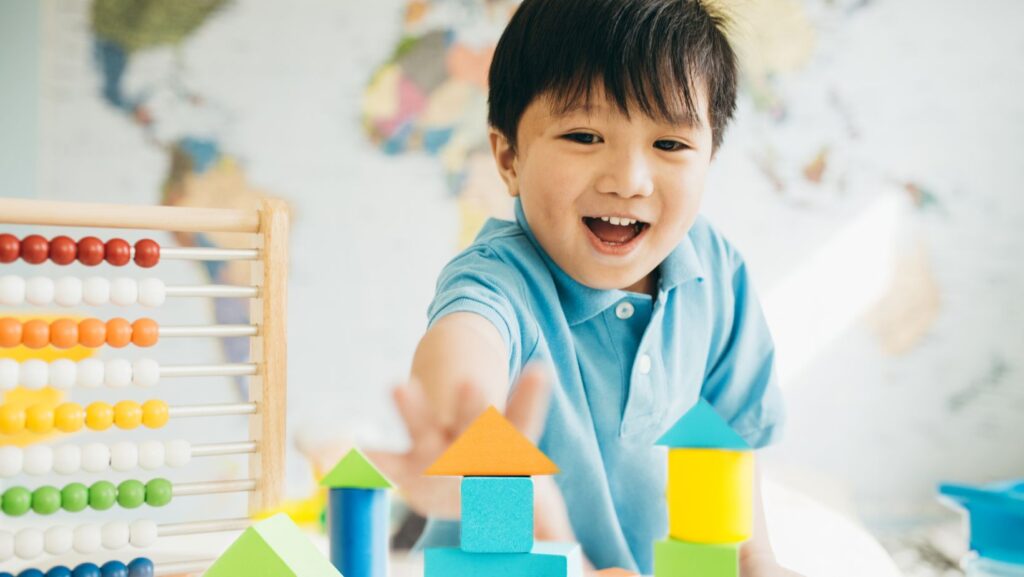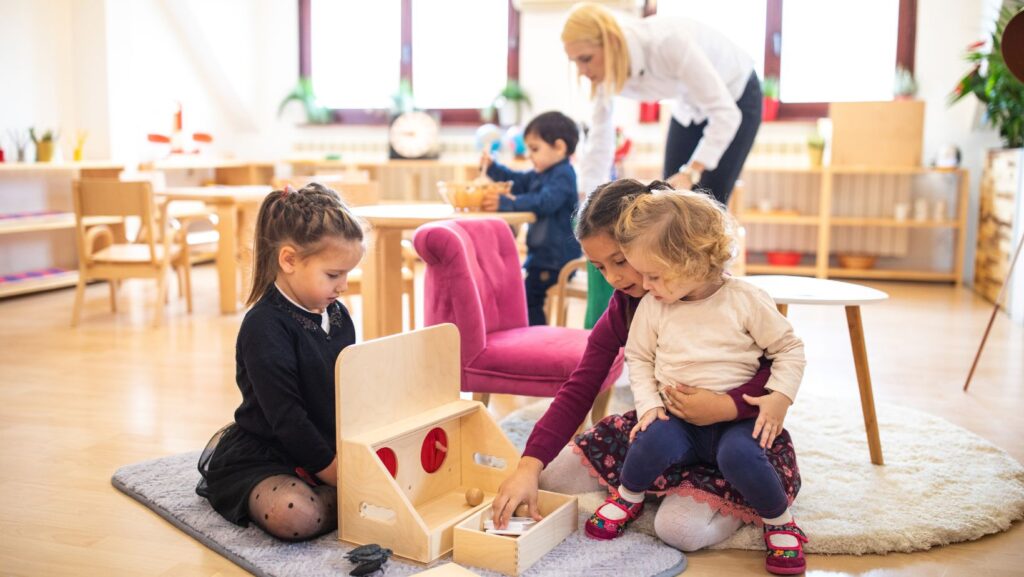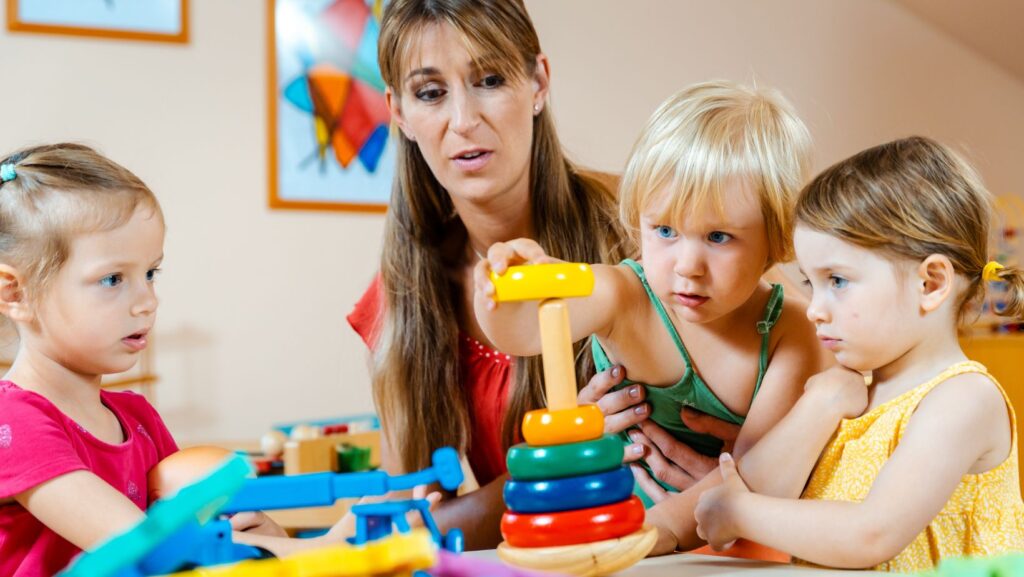Parental addiction isn’t just a personal struggle—it’s a family crisis. It casts a long, dark shadow, often reaching far into a child’s life, shaping their development in profound ways. This article dives into the complex world of addiction and its far-reaching effects on child development.
The Impact of Parental Addiction on Child Development
Fully grasping parental addiction necessitates an exploration of its definition, key concepts, and a deeper look into different types of addictions and their prevalence. This section presents profound insights, shedding light on the aforementioned aspects, delivering a vivid picture of what parental addiction entails.
Definitions and Key Concepts
 Parental addiction, a prominent topic in psychosocial studies, delineates a condition wherein a parent’s substance abuse intrudes on their capability to nurture their child effectively. This form of addiction usually manifests in two forms: substance addiction (like narcotics, alcohol) and behavioral addiction (such as gambling, internet use).
Parental addiction, a prominent topic in psychosocial studies, delineates a condition wherein a parent’s substance abuse intrudes on their capability to nurture their child effectively. This form of addiction usually manifests in two forms: substance addiction (like narcotics, alcohol) and behavioral addiction (such as gambling, internet use).
Understanding parental addiction provides ample basis to comprehend the effects it may impose on the child. For instance, children may adopt maladaptive behaviors or experience academic difficulties stemming from instability at home. It’s crucial to understand, parental addiction doesn’t just affect the addicted individual, it reshapes family dynamics and developmental trajectories too.
Types of Addictions and Their Prevalence
Addictions, metaphorically akin to icebergs, showcase the visible tip while most of their mass remains concealed beneath the surface. Revealing the magnitude of this issue, the National Survey on Drug Use and Health (NSDUH) reported about 8.7 million children in America live with at least one parent with a substance use disorder.
Detailing prevalent forms, alcohol addiction ranks high among parental addictions. Substance Abuse and Mental Health Services Administration (SAMHSA) states that one in eight children in the U.S. lives with a parent who struggles with alcohol addiction. Other prevalent forms engage opioids, with an estimated 2.1 million having an opioid use disorder as per the NSDUH.
The Psychological Impact on Children
 The ripple effects of parental addiction touch the psychological well-being of children in affected households, fundamentally altering their behaviors and emotions.
The ripple effects of parental addiction touch the psychological well-being of children in affected households, fundamentally altering their behaviors and emotions.
These changes, deeply rooted in the toxic environment brought about by addiction, shape the mental health of children in profound ways.
Emotional and Behavioral Consequences
Children continuously correlize their emotions and behaviors to their caregiving environment. Parental addiction, acting as a destabilizing force, generates fluctuating emotional states and behavioral patterns among children.
Consider exposure to parental substance abuse which may culminate in undue emotional load, including fear, guilt, and shame. A child witnessing a parent’s addictive behavior often experiences anxiety, giving rise to nervous habits such as nail-biting or sleep disturbances. Public embarrassment is associated with their parent’s problematic behavior, presetting them to social isolation or aggressive behavior as defense mechanisms.
Mental Health Risks for Children
Psychological upheaval is part and parcel of parental addiction, harboring numerous mental health risk factors for children. Exposure to the unpredictability and dysfunction associated with addiction often lays the groundwork for various mental health disorders.
Another significant risk is the development of substance use disorders among these children. Emulating the substance-related coping mechanisms observed in their environment, children are at a greater risk of substance abuse themselves. The data support this, with numbers demonstrating an alarming correlation – children of addicts are four times more likely to develop addiction compared to their peers.
Cognitive and Academic Effects
Parental addiction not only alters a child’s emotional landscape, it profoundly impacts their cognitive and academic skillset.
 Impaired Cognitive Development
Impaired Cognitive Development
A child’s cognitive development finds disruption due to parental addiction. Children often exhibit issues with attention, memory, and problem-solving abilities. For instance, a toddler might show delayed language acquisition, while a school-aged child could demonstrate difficulties understanding complex instructions.
Numerous scientific studies, including findings by the National Institute on Drug Abuse, validate this predicament, stressing the detrimental impact of parental substance abuse on a child’s cognitive development.
School Performance and Academic Challenges
Parental addiction places heavy burdens on a child’s academic performance. Frequent school attendance issues arise alongside difficulties with concentration, both of which are key indicators of academic troubles. Lower grades and test scores become a norm for these children, often leading to a higher risk of school dropouts. A study by the National Council on Alcoholism and Drug Dependence reflected a clear correlation between parental addiction and a child’s poor academic outcomes.



